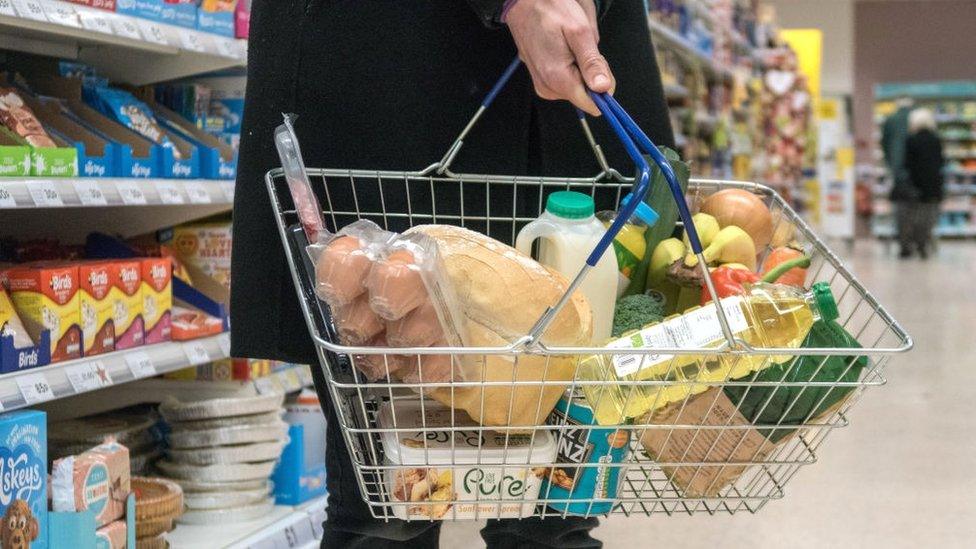UK inflation: The pakora firm facing a costs nightmare
- Published
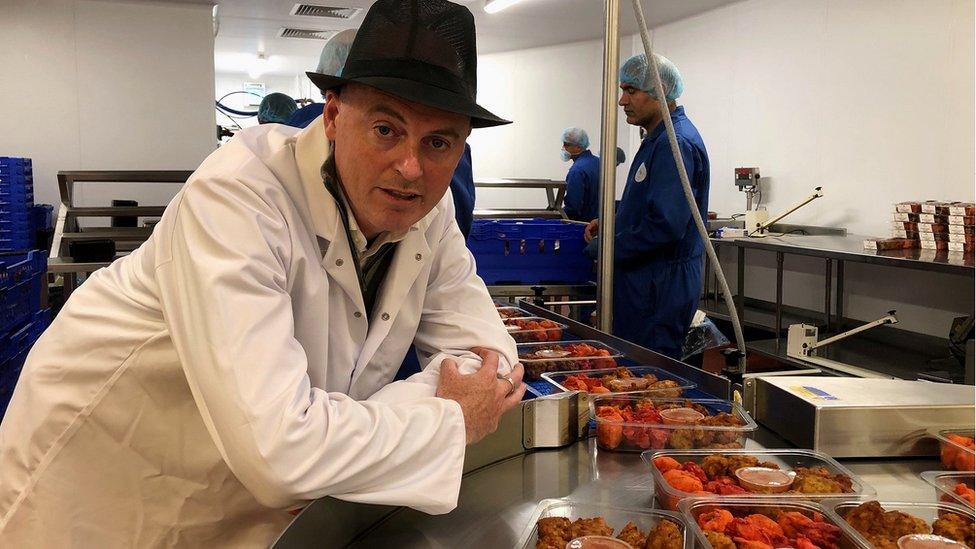
It is the "absolute nightmare" that keeps Glasgow food manufacturer Jason Stevenson awake at night.
His firm PK Foods has been supplying Indian snacks to the retail and restaurant trade since 1997.
But Mr Stevenson said the last year had been the toughest of his career.
UK inflation has gone into double digits for the first time since 1982 and the Bank of England warned it could peak at more than 13% this year.
As a result, virtually everything needed to run Mr Stevenson's business has soared in price with the war in Ukraine, Brexit and the Covid pandemic to blame.
Contending with the cost of some raw materials jumping by up to 70% means, for PK Foods, "it is about survival, it is not about profit any more".
Mr Stevenson told BBC Scotland: "All the basics have gone up in price, roughly by about 40% to 50%, throughout the year.
"This is difficult to absorb for the company. It has been absolute nightmare trying to keep prices down, trying to pass the price increases on and at the same time retain staff with higher wages.
"There's hardly any profit left in the business and you do wonder if it is worthwhile continuing."
PK Foods make about 10 tonnes of pakoras for sale in restaurants, carry-outs and supermarkets around Scotland every week.
The firm's vast deep-fat fryers where the pakoras are cooked and the chilling cabinets where they are stored mean it uses a lot of energy.
As a commercial customer there is no price cap, like there is for domestic users, so costs have already risen by 40% and further increases are looming.
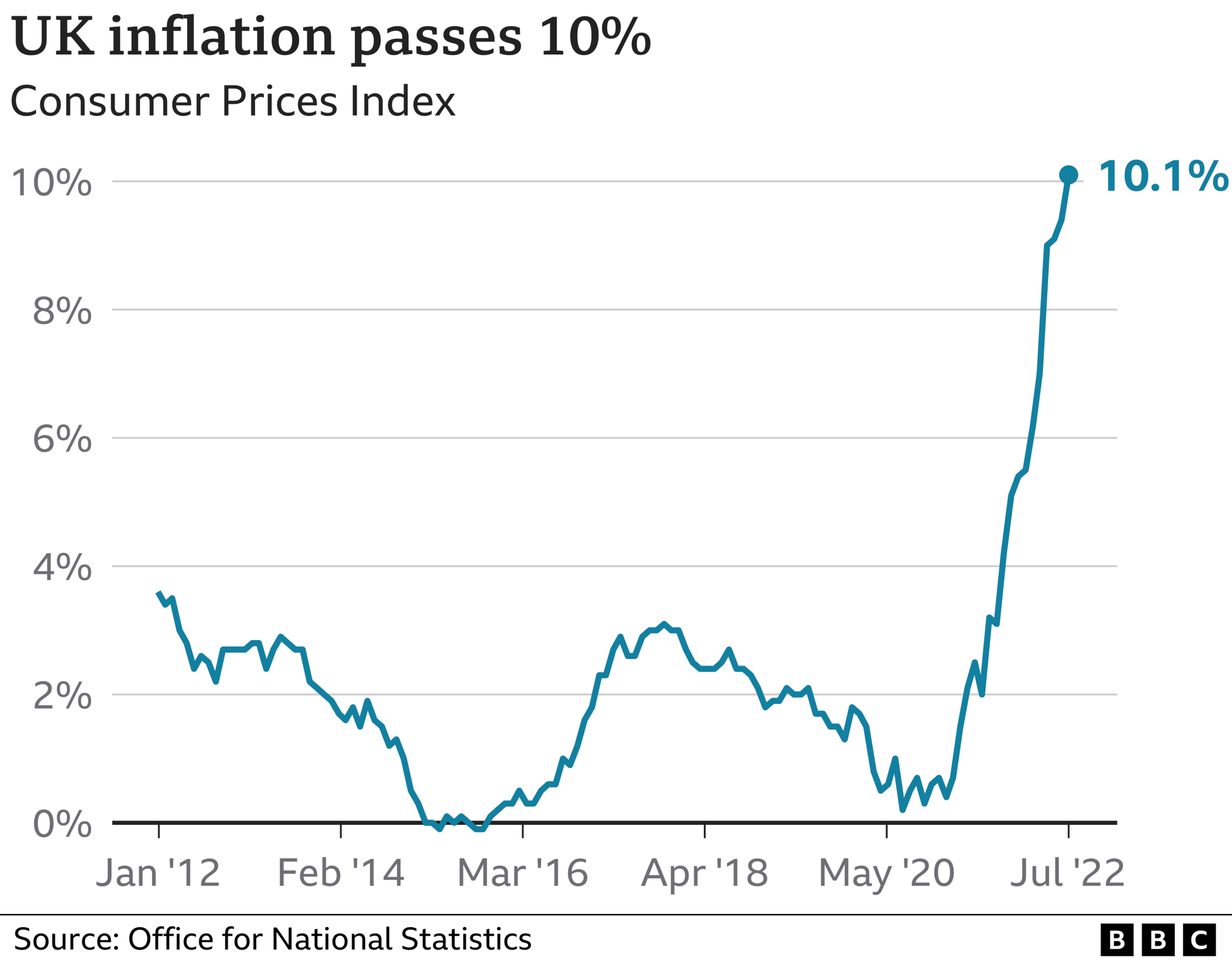
Chicken for its pakoras is sourced from Thailand, as Mr Stevenson said the poultry there were "smaller, and more succulent".
However, prices have increased by 45% in a year and there is a global shortage of chicken worsened by the war in Ukraine, which was Europe's second largest chicken producer.
Similarly, the ongoing conflict following the Russian invasion has sent the price of rapeseed oil, used in the deep-fat fryers which cook the pakoras, up by 40%.
Mr Stevenson said the sweet onions he buys from Spain had also rocketed in price since Brexit as a result of increased red tape and transport costs.
Elsewhere, the cost of cardboard used to package pakoras for sale is on the rise, by up to 70%, as a result of more people having goods delivered to their home since the Covid pandemic.
Mr Stevenson added: "Every night you sit there wondering how you will get on with the business and if you will even have the business in six months time because ultimately the product will be too expensive for consumers to buy, which then they won't purchase and there will be no business left.
"There's a lot of issues here that a businessman or woman cannot fix themselves, they need government support."


How are you dealing with the rising cost of living? You can let us know your tips and hacks for saving money on things like energy, food and transport. You can also send us any cost of living questions you want us to help answer.
In some cases your question will be published, displaying your name, age and location as you provide it, unless you state otherwise. Your contact details will never be published. Please ensure you have read the terms and conditions.
If you are reading this page on the BBC News app, you will need to visit the mobile version of the BBC website to submit your question on this topic.
Related topics
- Published16 November 2022
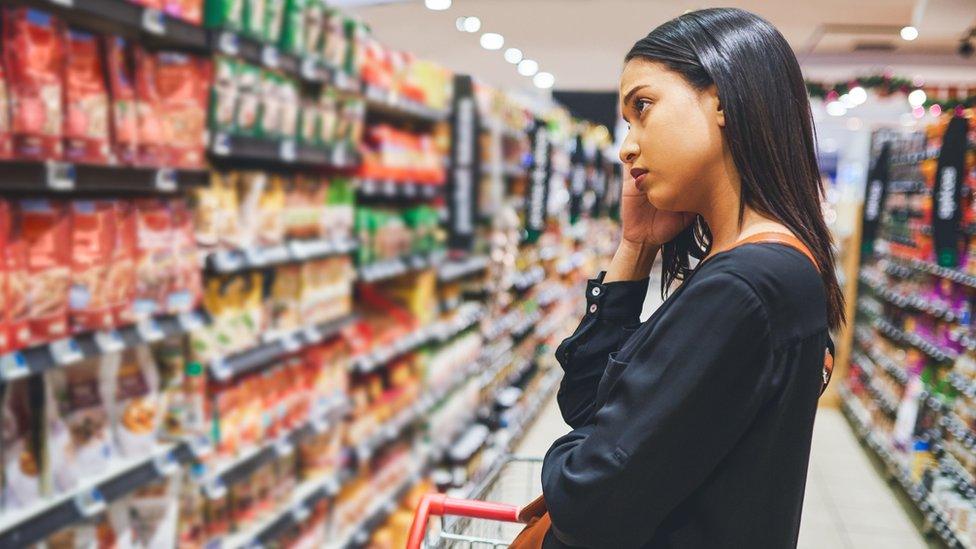
- Published17 July 2024
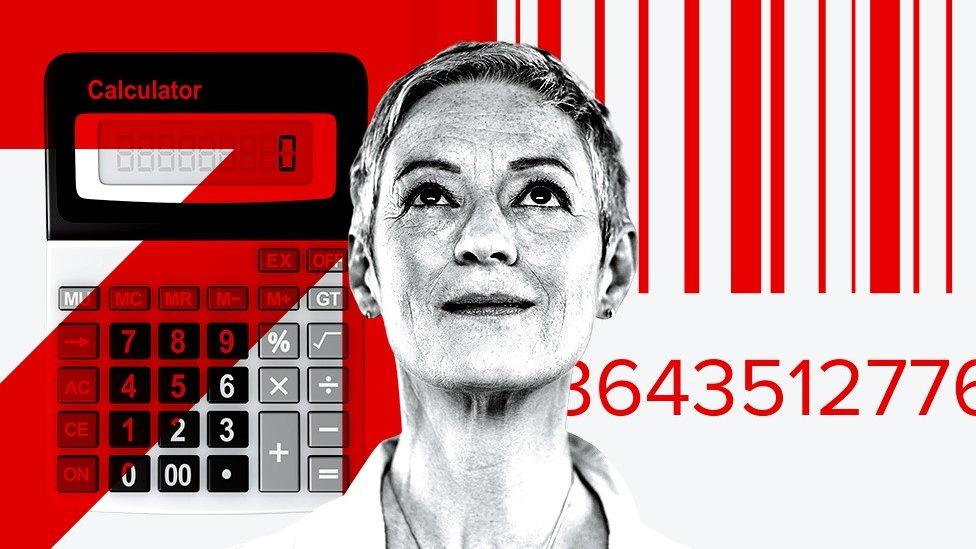
- Published17 August 2022
